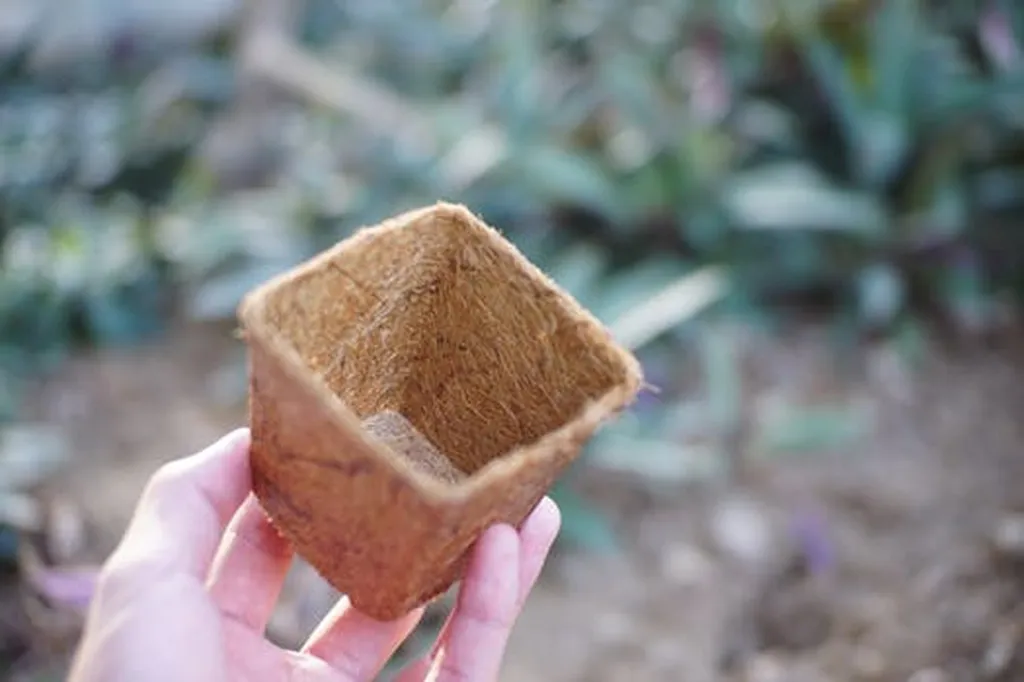In the lush, misty mountains of Sichuan, China, a tiny bacterium with big potential has been discovered, offering promising avenues for sustainable agriculture and waste management. Researchers, led by Yanmei Cai from the College of Life Sciences at Sichuan Normal University, have identified a novel chitin-degrading bacterium, *Roseateles* sp. L2-2, residing in the gut of the frog *Odorrana margaretae*. This finding, published in the journal *Microorganisms* (which translates to “Microorganisms” in English), opens new doors for bioremediation and pest control.
Chitin, a polysaccharide found in the exoskeletons of insects and crustaceans, is one of the most abundant biopolymers on Earth. Its degradation is crucial for recycling nutrients in ecosystems and has significant applications in agriculture and waste management. The bacterium *Roseateles* sp. L2-2, isolated from the intestine of *Odorrana margaretae*, has shown remarkable chitin-degrading capabilities. “This strain can grow on colloidal chitin as its sole carbon source and form clear hydrolysis zones, indicating its strong chitinase activity,” explains Cai.
The research team optimized the fermentation conditions for *Roseateles* sp. L2-2, enhancing its enzyme activity to 3.46 U/mL, a 24-fold increase from the initial activity. This optimization involved adjusting nitrogen and carbon source concentrations, culture time, and pH levels. The strain’s genetic potential for chitin degradation was confirmed through functional genome annotation, revealing genes encoding various chitinases and β-glucosidases.
The implications of this research are far-reaching. In agriculture, chitin-degrading bacteria can be used for biological control of crop pests and diseases, reducing the reliance on chemical pesticides. “This discovery provides a promising microbial resource for sustainable pest control,” says Cai. Additionally, the bacterium’s ability to degrade chitinous waste offers a solution for bioremediation, addressing environmental concerns related to organic waste management.
The energy sector could also benefit from this research. Chitin is a valuable biopolymer that can be converted into biofuels and other valuable products. Efficient chitin degradation by *Roseateles* sp. L2-2 could enhance the production of biofuels, contributing to a more sustainable energy future.
This study not only expands the diversity of known chitin-degrading bacteria but also highlights the importance of exploring microbial resources from unique ecological niches. As Cai notes, “The gut microbiota of amphibians is a rich source of novel microorganisms with potential industrial applications.” The discovery of *Roseateles* sp. L2-2 underscores the need for further research into these microbial communities and their biotechnological potential.
In the quest for sustainable solutions, *Roseateles* sp. L2-2 stands out as a beacon of hope. Its chitin-degrading capabilities offer a glimpse into a future where agriculture and waste management are more eco-friendly and efficient. As researchers continue to unravel the secrets of this remarkable bacterium, the possibilities for its applications in various industries grow ever more promising.

